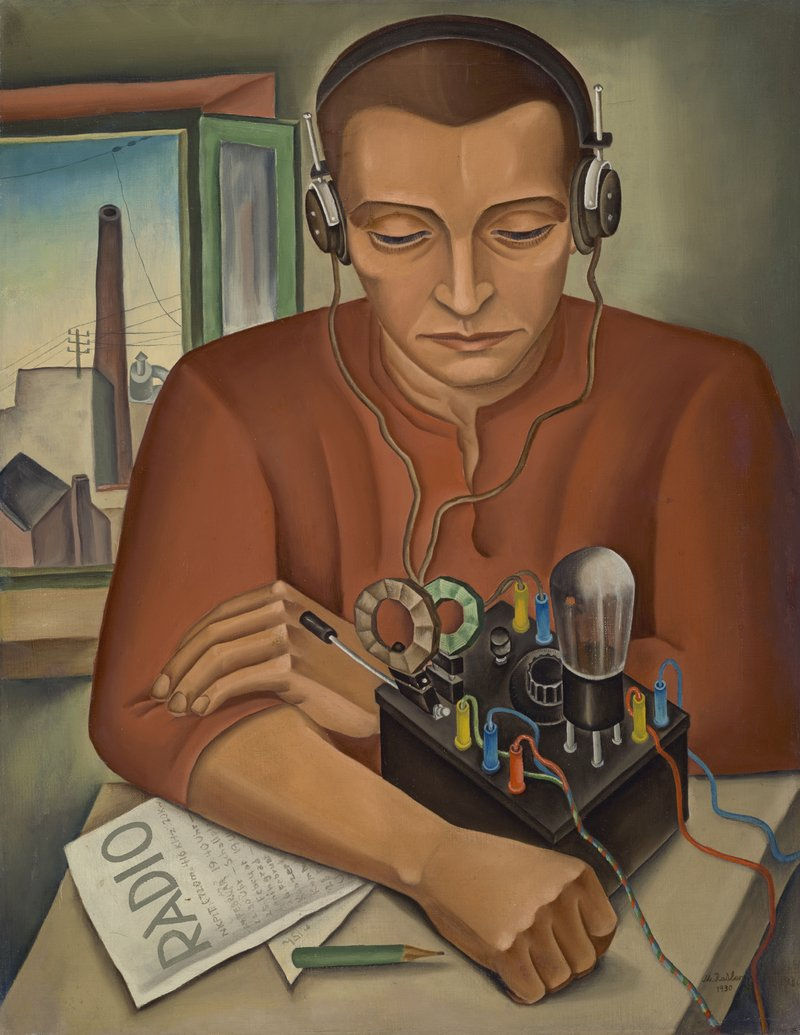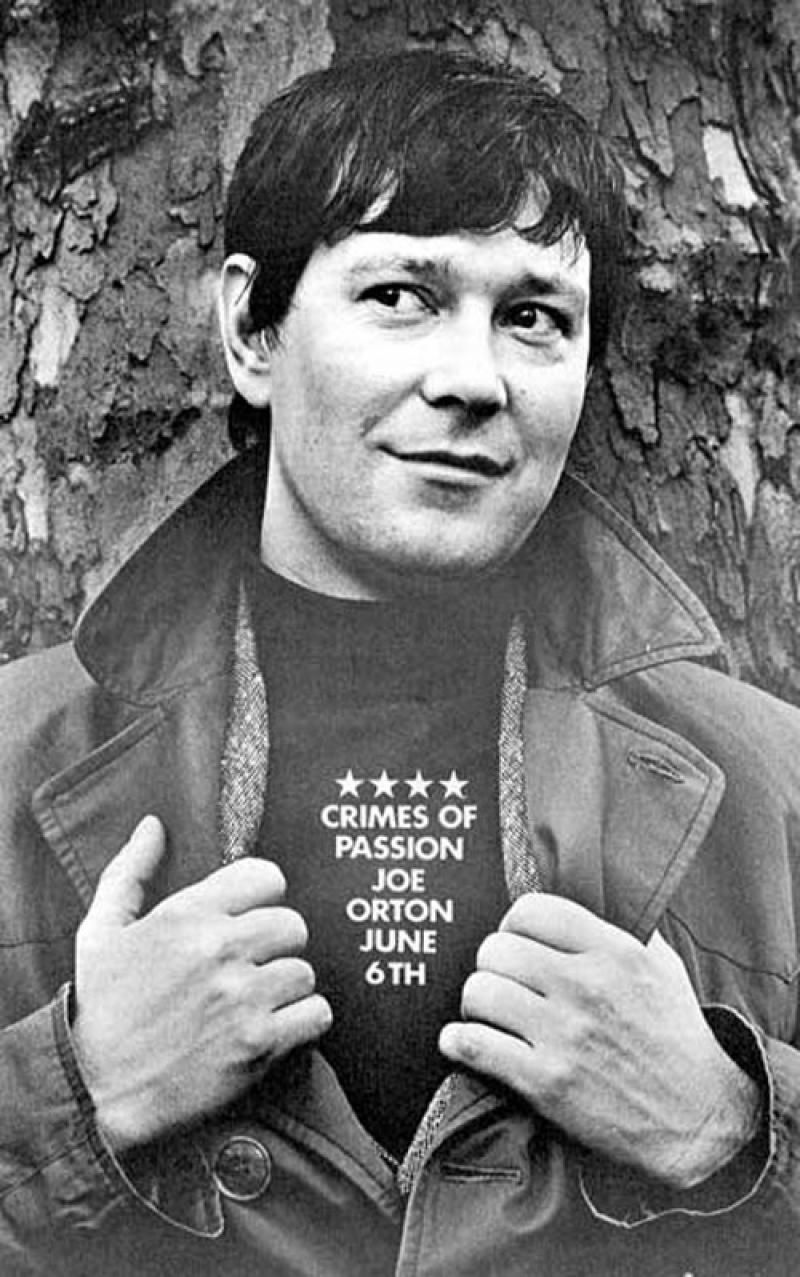The rise, and fall, and the rise again of radio theatre
- Apr 21, 2021
- 3 min read
Writers, Players and Listeners

During the second world war, BBC radio broadcast live plays to the nation. With an audience hunkered down in air raid shelters or huddled at home during the blackouts and with the ever-present threat of Luftwaffe bombing, these live events were listened to in numbers that TV has never matched. The millions who tuned in, about 40% of the total population, heard productions of Shakespeare and Galsworthy or comedy shows like Gert and Daisy. They did so in numbers only matched today by the viewers of YouTube or by liked videos on tiktok.

Orson Welles reads from his production of "The War of the Worlds" in a live broadcast on the CBS program The Mercury Theatre on the Air in 1938.
In its heyday radio and radio drama has touched huge numbers of loyal listeners across the world. From Chinese listeners who tuned in to hear the stories ofSun Wukongthe Monkey King to the dedicated fans of Matysiakowie (The Matysiaks) a family saga that has been running weekly on Polish national radio for over 65 years!
Often experimental and occasionally shocking in nature, radio theatre has introduced radical ideas, and allowed writers and directors a freedom that film and even theatre itself could not provide. Radio can also have an immediate impact. Many people know the famous story of how when Orson Welles read War of the Worlds on the radio in 1938 in the style of a news broadcast it caused panic in the streets. Perhaps less-well known is the fact that radio drama offered the first major public opportunity for playwrights such as Joe Orton, Alan Bleasdale and Caryl Churchill. The 1964 production of Orton’s Ruffian on the Stair is a case in point.

It is a work that functions brilliantly for radio and only subsequently has it been made into a stage play. To give a taste of what one listen to on the link above it contains the following fabulous exchange between the two main characters.
Joyce: "Have you got an appointment today?"
Mike: "Yes, I’m to be at King’s Cross Station at eleven. I’m meeting a man in the toilet."
Joyce: "You always go to such interesting places."
Marguerite Duras, Bertolt Brecht, Dylan Thomas, Samuel Beckett, Ingmar Bergman, Langston Hughes, Antonin Artaud, Harold Pinter, Jean Cocteau all wrote for radio taking the opportunity to explore a world not hampered by physical constraints.

Beckett’s one act play All That Fall from 1957 allowed him to experiment with a quickly written work that explores a circular, almost sonata like form. It is clear that Beckett was exploring both the narrative possibilities that radio invites and the sonic aspects where sound itself plays a key role. Coincidentally it is the first of his works to have a woman Maddy as the central character.
In the digital age the wealth of material that exists online from classical radio theatre, sound experiments and audio art is extraordinary.The list of artists and recordings on ubuweb is an amazing resource where one listen to anything from Kurt Schwitters and Kazimir Malevich to Pauline Oliveros and Kathy Acker.
In the 1970s Douglas Adams’ radio drama The Hitch Hikers Guide to the Galaxy became the backbeat of a generation that took its devoted listeners all the way to the restaurant at the end of the universe and back again! And it’s famous not just for its brilliant writing and humour but because much of its budget was spent on its extraordinary sound effects and was in fact one of the first radio works made with 4 channel stereo Dolby sound so you could hear even better how in the story, Arthur Dent talked to giant alien birds in a cave in a vast marble sculpture in the form his own left ear suspended above a distant planet and held up in the air by the power of art alone!

(Left to right) Douglas Adams, Producer Geoffrey Perkins, David Tate (Eddie, Benjy Mouse,...), Geoff Mc Guivern (Ford), Mark Wing-Davey (Zaphod), Simon Jones (Arthur) and Alan Ford (Roos.) [Source:BBC]
Radio theatre today, offers a huge range of possibilities and digital broadcasting makes it available to anyone, anywhere and at any time. From live broadcasts of newly written plays to audio art experimentation, the scope is wide and RADIOTEATERN represents an exciting new initiative that like The Hitch Hikers Guide to the Galaxy can really take its audiences anywhere!



Comments